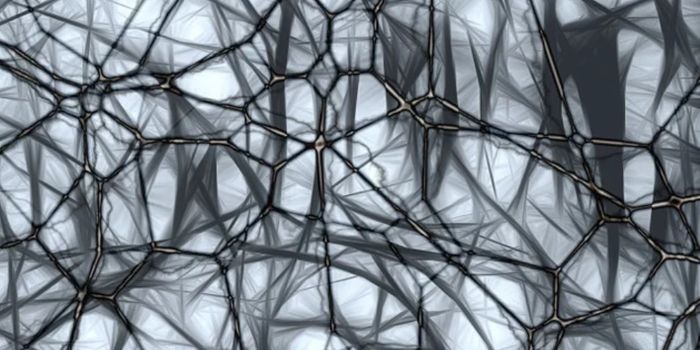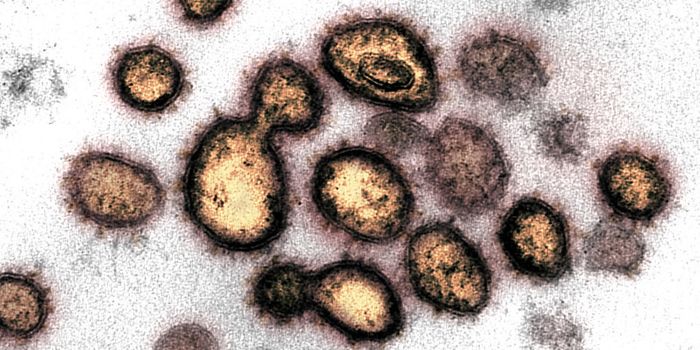An Antibody That Neutralizes All Known COVID Variants is Discovered
SARS-CoV-2, the pandemic virus that causes COVID-19, has mutated endlessly since it burst on the scene in late 2019. After infecting hundreds of millions of people around the world, it has spawned well- and lesser-known variants, and researchers have raced to keep up with the genetic mutations that create these new versions. But we have gained many advantages over the virus after years of dealing with it, such as new vaccines, booster shots for fresh immunity, and a few treatments with modest effects, like paxlovid. Now, investigators have identified an antibody that is able to neutralize all currently known variants of SARS-CoV-2, as well as distant coronavirus relatives that have some similarities to SARS and can infect various animals. These findings have been published in Cell Reports Medicine, and they could lead to new treatments.
This antibody is called SC27. It was isolated from one person who was infected with SARS-CoV-2. A team of scientists and engineers isolated the antibody from a patient sample, and determined its amino acid sequence. Now, it can be manufactured at large scales.
"The discovery of SC27, and other antibodies like it in the future, will help us better protect the population against current and future COVID variants," said study co-author Jason Lavinder, a research assistant professor at The University of Texas (UT) at Austin.
Antibodies that neutralize SARS-CoV-2 can bind to its spike protein, which is usually used by the virus to infect cells. These antibodies can stop infection. (Some other infection mechanisms have been described in unrelated research studies. What is still unclear is how often the virus might use alternative infection mechanisms when confronted with broadly neutralizing antibodies.) SC27 also binds to the SARS-CoV-2 spike protein, and it can do so for many different variants.
"One goal of this research, and vaccinology in general, is to work toward a universal vaccine that can generate antibodies and create an immune response with broad protection to a rapidly mutating virus," said study co-author Will Voss, a recent PhD graduate from UT's College of Natural Sciences.
This study also suggested that hybrid immunity, which comes from a combination of vaccination and being naturally infected with the virus, provides better protection against future infections than natural infection or vaccination alone. However, natural infections still carry a risk of long COVID or other bad outcomes.
We're now in the midst of yet another huge COVID wave, which reminds us that we still need to develop better ways to prevent and treat COVID-19 infections. The investigators are now pursuing a patent for SC27.
Sources: University of Texas at Austin, Cell Reports Medicine









